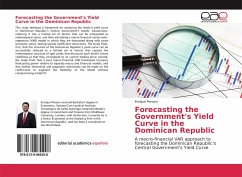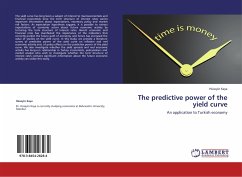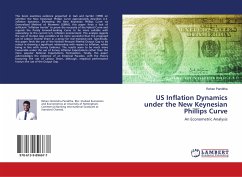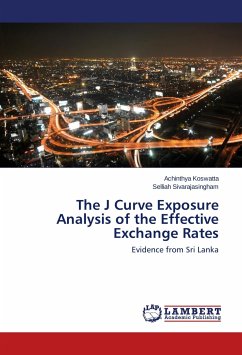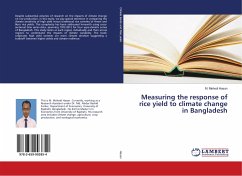This paper examines the ability of the yield curve to predict recessions in South Africa, and compares its predictive power with other commonly used variables that include the growth rate in real money supply, changes in stock prices and the index of leading economic indicators. The study also makes an attempt to find out if monetary policy explains the yield spread s predictive power with regards to future economic activity. Regarding methodology, the standard probit model proposed by Estrella and Mishkin (1996) that directly estimates the probability of the economy going into recession is used. Results from this model are compared with a modified probit model suggested by Dueker (1997) that includes a lagged dependent variable. Results presented in the paper provide further evidence that the yield curve, as represented by the yield spread between 3-month and 10-year government paper, can be used to estimate the likelihood of recessions in South Africa. The yield spread can produce recession forecasts up to 18 months, although it s best predictive power is seen at two quarters.


